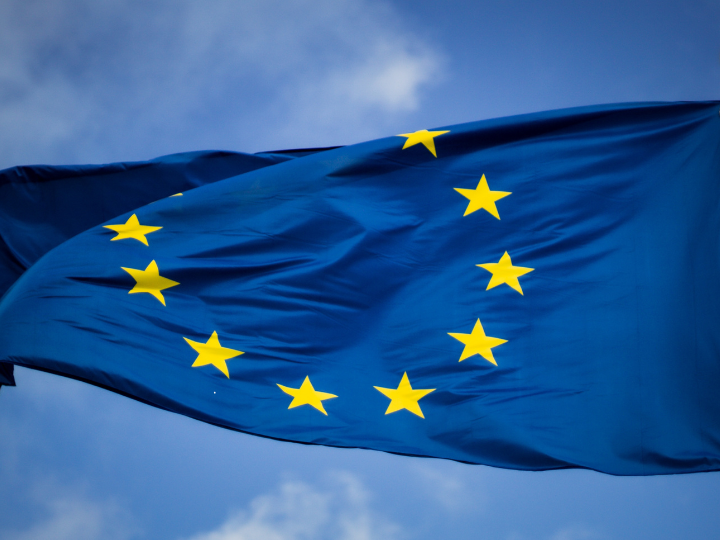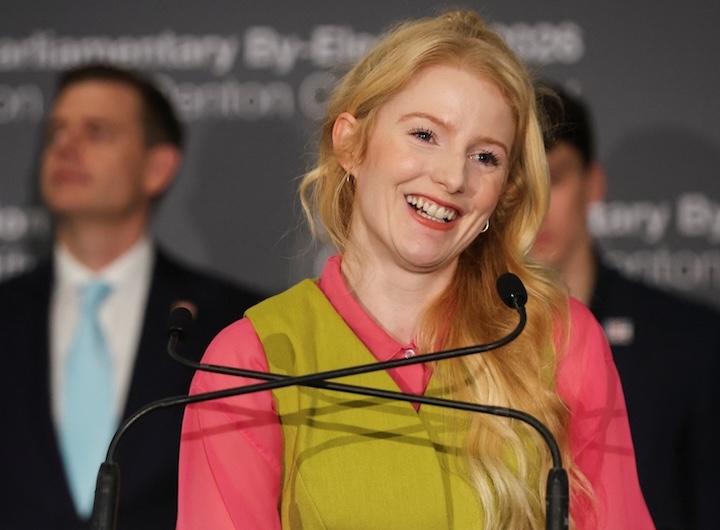by Aneta Zachova and David Pasztor
Europe will become an equal player in the global format only when it becomes a federation, Czech Minister for European Affairs Martin Dvorak told EURACTIV.cz in an exclusive interview.
“The EU’s role in the world is gradually growing, but it is not nearly as strong as its population and economic power would suggest,” the Czech minister said.
“I know that it is not at all popular. I think that a European Federation or a United States of Europe would only put Europe in a position where we would be a truly equal partner in the game between China, America, or Russia and India,” he added.
Dvorak was appointed European affairs minister in May 2023.
Although the Czech government is led by conservative Prime Minister Petr Fiala (ODS, ECR), who is sceptical about deepening European integration, Dvorak makes no secret of his strongly pro-European positions, which is unusual in the Czech public sphere.
Dvorak is a member of the Mayors and Independent Party (STAN), currently not represented in any European political party. However, the only Czech MEP from STAN – Stanislav Polcak – is affiliated with the group of the European People’s Party.
Speaking about EU reform and particularly the removal of EU Country vetoes in some EU policy areas, Dvorak did not want to express his position clearly.
“If I define myself as a federalist, then this would undoubtedly be a possible option for me, but, on the other hand, I am very well aware that the political situation is not ripe for that yet. I don’t even know at this point if it ever will,” he said.
According to Dvorak, the debate about the EU in Czechia is not balanced, and eurosceptics are strongly dominating the discourse, while those promoting the benefits of the EU are ostracised.
“I think that the debate in our country lacks the Euro-optimistic or Euro-positive wing, and that is what I want to bring to the debate,” Dvorak admitted.
As EURACTIV.cz reported before, trust in the EU recently dropped sharply, and is likely not linked to the economic situation as it was still low even when the economy was in better shape.
*first published in: Euractiv.com




 By: N. Peter Kramer
By: N. Peter Kramer
